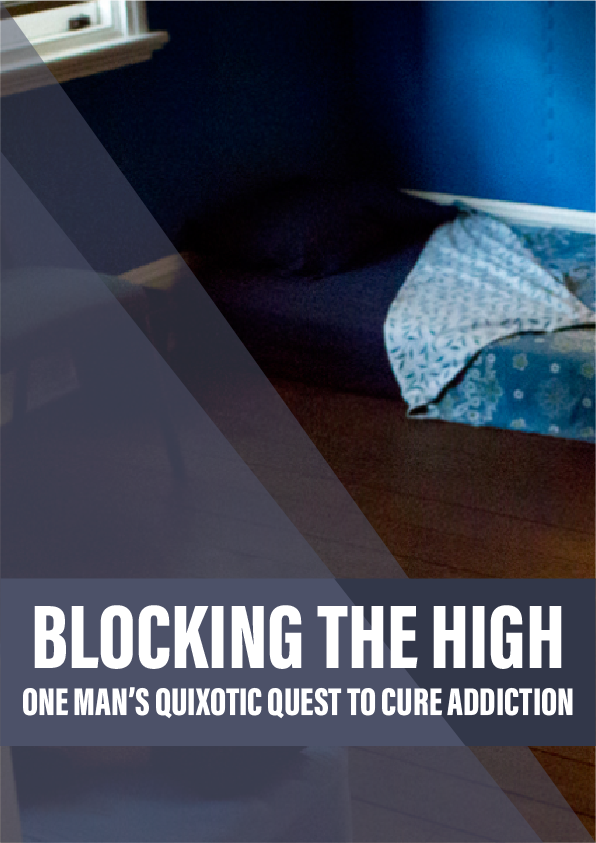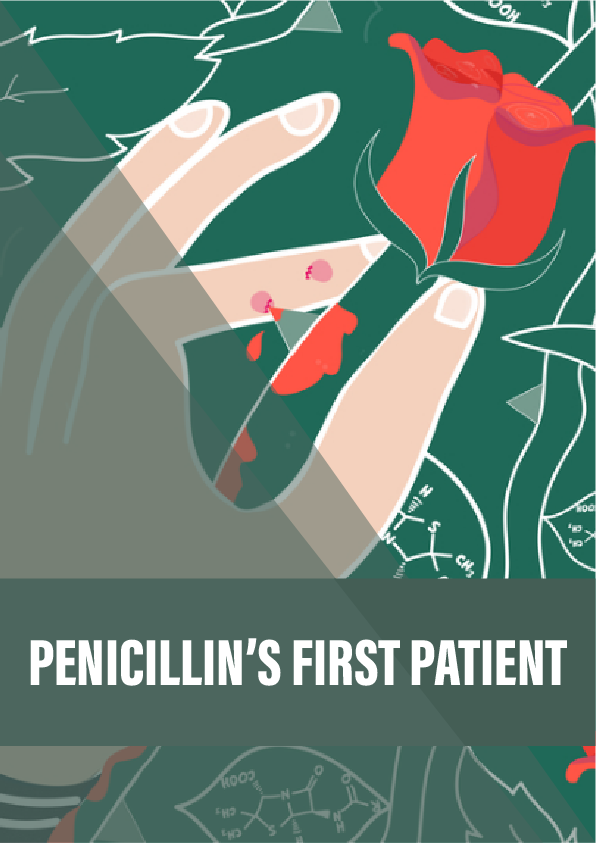If you could take the high out of drugs, what would be the point in taking them? Sujata Gupta meets the unorthodox doctor who thinks he can block some of the world’s most addictive pills.
Toru had always been anxious as a child, but the problem worsened when he was 19 and attending college in Tokyo, Japan. A social science major, he would feel his heart race every time he had to present in front of his class. A psychiatrist prescribed clonazepam, an anti-anxiety medication that belongs to a class of drugs known as benzodiazepines (which also includes Valium and Xanax).
Initially, Toru felt calmer, even when he had to speak in public. Soon, though, the drugs’ potency began to wane and, after about a year, Toru quit taking them. His anxiety escalated. He stopped sleeping and began experiencing panic attacks, one so severe that he called an ambulance to take him to the emergency room. So Toru did the logical thing: he went back on the drugs.
Despite his struggles, Toru completed his degree and began working in information technology. But he had developed a temper and struggled to hold down a job. At a particularly low point, he destroyed a computer and got fired. After that incident, Toru stopped looking for work. Periodically, he would try to go off the meds again, but the withdrawal symptoms always proved too severe.
Toru’s mother, Machiko, was the first to realise just how bad things had become for her son. He was never angry as a child, she tells me emphatically – the drugs changed him.
Reference:
- A pilot study from 2009 in which O’Neil and his collaborators at the University of Western Australia put patients addicted to benzodiazepines on low-dose flumazenil for four days. They found that many patients obtained complete abstinence from benzodiazepines with the flumazenil infusion and experienced few side effects.
- A pilot study from 2014 in which 24 opiate addicts were treated with O’Neil’s long-lasting (145 days) naltrexone implants. The study showed that all patients with the implant abstained from taking the opiate buprenorphine for 6 months. After a year, 83 per cent of the patients were still abstinent.
- A study looking at the possibility of developing a longer-lasting flumazenil implant to help wean patients off benzodiazepines.
- The 2013 first pilot study looking at how well patients tolerated O’Neil’s long-lasting flumazenil implant.
- A close look at the risks and benefits of prescribing benzodiazepines to treat anxiety and related conditions.
- Cognitive behavior therapy (CBT) is the best non-pharmaceutical way of treating panic disorders. However, many people receiving CBT are also on benzodiazepines. This study shows that benzodiazepine use may trigger memory problems that limits the effectiveness of CBT.








